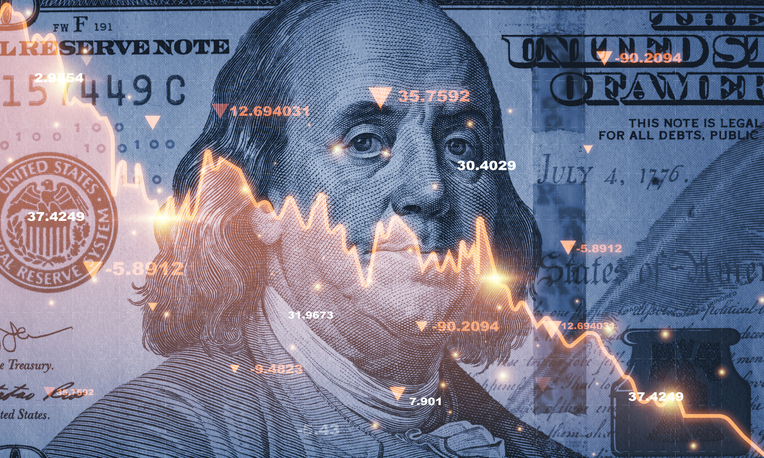Article published in Allnews.ch, September 21st
On September 28, 2025, Swiss voters will decide on the abolition of the imputed rental value. At first glance, this tax reform seems to concern only homeowners occupying their property. In reality, the change goes much further: it also introduces a drastic restriction on the deductibility of passive interest, regardless of its source. Thus, any taxpayer with debt will be affected, whether a homeowner or not.
… any taxpayer with debt will be affected, whether a homeowner or not.
If the amendment to tax law is adopted at the ballot box, a taxpayer’s passive interest (bank loans, consumer credit, private loans, etc.) may only be deducted from taxable income in proportion to the share of their total assets invested in rental real estate.
Consider, for example, a taxpayer whose wealth is divided as follows: one quarter in investment real estate, one quarter in owner-occupied property, and half in securities. In this case, only 25% of their passive interest would remain deductible, regardless of the type of debt incurred. Today, this deduction still amounts to 100%.
The consequences of the proposed reform may come as a surprise. For instance, a real estate investor could deduct the entirety of their passive interest if their entire wealth were invested in rental property. However, if part of their real estate investments were made through joint-stock companies, they would only be able to deduct a reduced proportion of their passive interest. If the loans are contracted by the companies themselves, then the full amount of passive interest remains deductible within corporate taxation.
In the case of a family business succession, if an heir takes over the company by borrowing from others, they will no longer be able to deduct that interest while still being taxed on the company’s income. This would result in double taxation on income distributed to the creditor-heirs.
Clearly, the reform extends far beyond the narrow framework of owner-occupied housing. With the “restrictive proportionality” rule, the tax situation of many real estate investors will further deteriorate, in a context already marked by declining returns, rising maintenance costs, and the growing burden of wealth and property taxes relative to gross yields.
… the planned restrictions will reduce the appeal of private financing between individuals, often used to support entrepreneurial initiatives.
Finally, the planned restrictions will reduce the appeal of private financing between individuals, often used to support entrepreneurial initiatives. Less incentive to lend means less dynamism for the local economy.
If the law passes, the new limitations on passive interest deductibility may further encourage owners of rental buildings to divest, particularly in favor of real estate fund shares, where passive interest remains 100% deductible.

